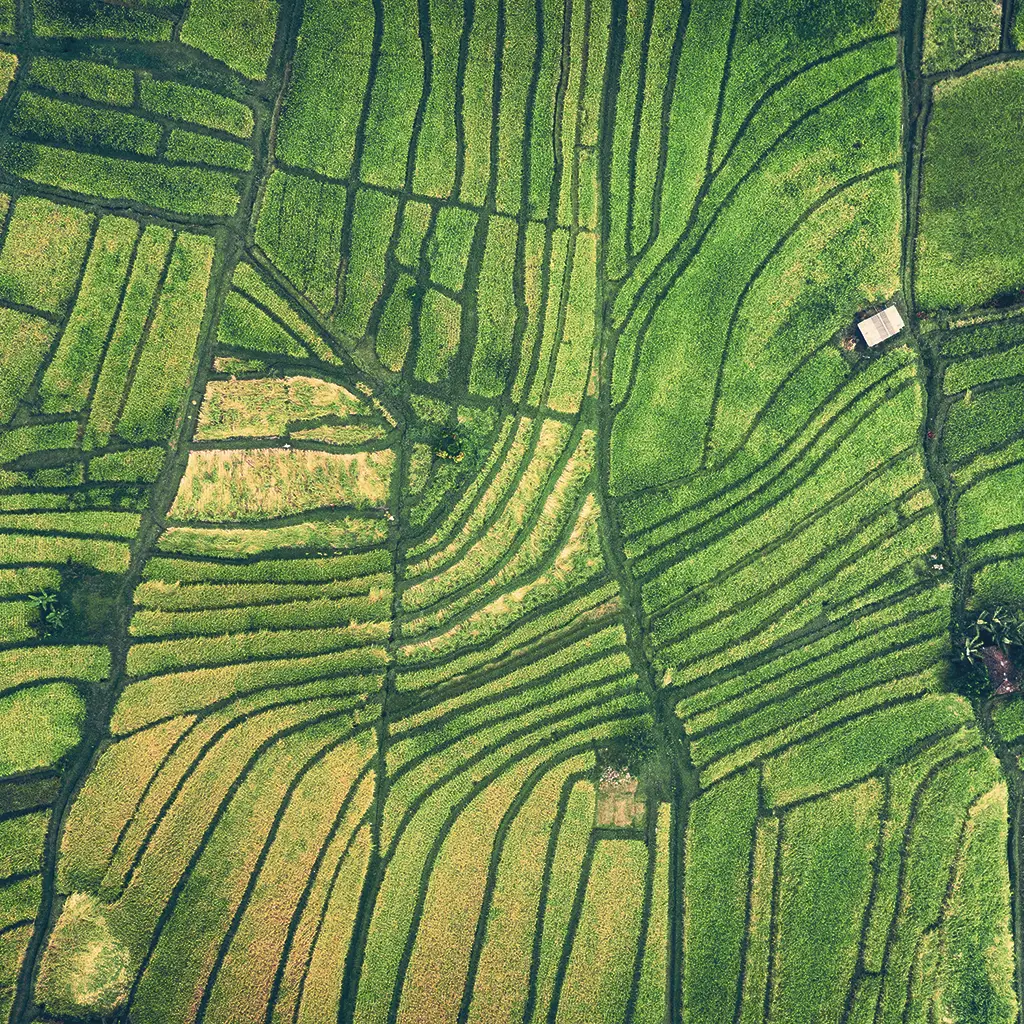Field trial analysis leveraging vision data

Field trial analysis is a critical aspect of agricultural research and practices. It involves the systematic study of crops, techniques, or products in controlled field environments (plots) to evaluate their performance and suitability for different farming applications. Effective field trial analysis can lead to significant improvements in agricultural practices, crop yield, and resource efficiency.
Understanding Field Trial Analysis
Importance of Field Trials in Agriculture
Agricultural field trials play a crucial role in improving agricultural practices by allowing researchers and farmers to monitor crops and scale experiments efficiently. This process, known as digital phenotyping, provides valuable insights into new techniques, products, or crops (genotypes). By using empirical data to inform farming practices, agricultural professionals can optimize resource use and manage crops more effectively. This is especially important in the context of climatic changes and the need to produce more with fewer resources. The importance of field research in agriculture cannot be overstated.
Key Components of Field Trial Analysis
The essential components of field trial analysis include experimental design, data collection methods, statistical analysis, and interpretation of results. Each aspect is critical to generate reliable and actionable insights. Proper experimental design ensures that trials are well-structured and reproducible, while data collection methods must be precise and consistent. Statistical analysis provides the tools to interpret the data accurately, allowing researchers to draw meaningful conclusions. Default models and functions can be utilized for efficient analysis. The end goal is to use these insights to improve agricultural practices and crop management.
Monitoring Field Trials with Drones and Related Software
The use of drones equipped with remote sensing technology has revolutionized field trial monitoring. Drones can capture high-precision aerial imagery (of objects, plots, and fields), facilitating data aggregation and analysis. Automated workflows involving photogrammetry and the generation of various index maps like NDRE, MCARI, and NDVI enable researchers to monitor field trials with unparalleled precision. This approach leads to improved scalability and efficiency.
Data Analysis Techniques for Field Trials
Statistical Analysis Methods for Field Trial Data
Statistical analysis is integral to field trial analysis, offering methods such as ANOVA, regression analysis, and spatial analysis for microplot digitization. The use of various index maps like NDVI and NDRE helps in extracting meaningful insights from the data. These analytical methods are essential for understanding the performance of different techniques, crops, and products.
Utilizing Technology for Efficient Data Storage and Analysis
Technology plays a pivotal role in efficient data storage and analysis for field trial data. Cloud-based platforms and data management systems enable scalability, organization, and accessibility of data, fostering collaboration among researchers. Utilizing technology streamlines the data analysis process and facilitates informed decision-making.
Software Solutions for Accurate and Scalable Field Trial Analysis
Specialized agricultural software and data visualization tools offer accurate and scalable solutions for field trial analysis. These software tools enhance the analysis process by providing functionalities such as data visualization, predictive modeling, and real-time monitoring. By leveraging these software solutions, researchers and farmers can streamline their workflows and achieve better outcomes.
Implementing Results of Field Trial Analysis
Using Data to Create Management Zones and Variable Rate Applications
Field trial analysis results can be utilized to create management zones and implement variable rate applications in agricultural practices. This approach optimizes resource allocation and leads to improved crop yield and quality. Management zones allow for targeted interventions and the customization of practices to suit specific areas, making them a valuable tool in modern agriculture.
Decision-Making Tools for Precision Agriculture
Precision agriculture is facilitated by decision-making tools and technologies that integrate field trial analysis data with remote sensing. These tools support informed decision-making in crop management and optimization, resources planning, and pre-sales management. By leveraging visual aggregated data, farmers can fine-tune their practices for maximum efficiency.
Incorporating Digitized Field Trial Analysis into Farming Practices
Integrating digitized field trial analysis using remote sensing findings into farming practices is crucial for continuous improvement and adaptation. This approach allows for scalability, empirical data aggregation, and comparison to drive precise scientific insights and optimize farming practices.
Challenges of Implementing digitized Field Trial Analysis
Challenges of Field Trial Analysis with Large Experiments
Implementing digitized field trial analysis with large experiments and new research presents challenges such as personnel management, finances, equipment maintenance, data collection, and analysis. These challenges must be addressed to ensure efficient and accurate field trial analysis, particularly as the scale of experiments increases.
Facilitation of Field Trial Analysis Using Software Solutions
Utilizing software solutions can facilitate field trial analysis by addressing challenges related to scalability, data aggregation, and remote sensing. These tools streamline the analysis process and provide researchers with efficient and effective means of managing and interpreting data.